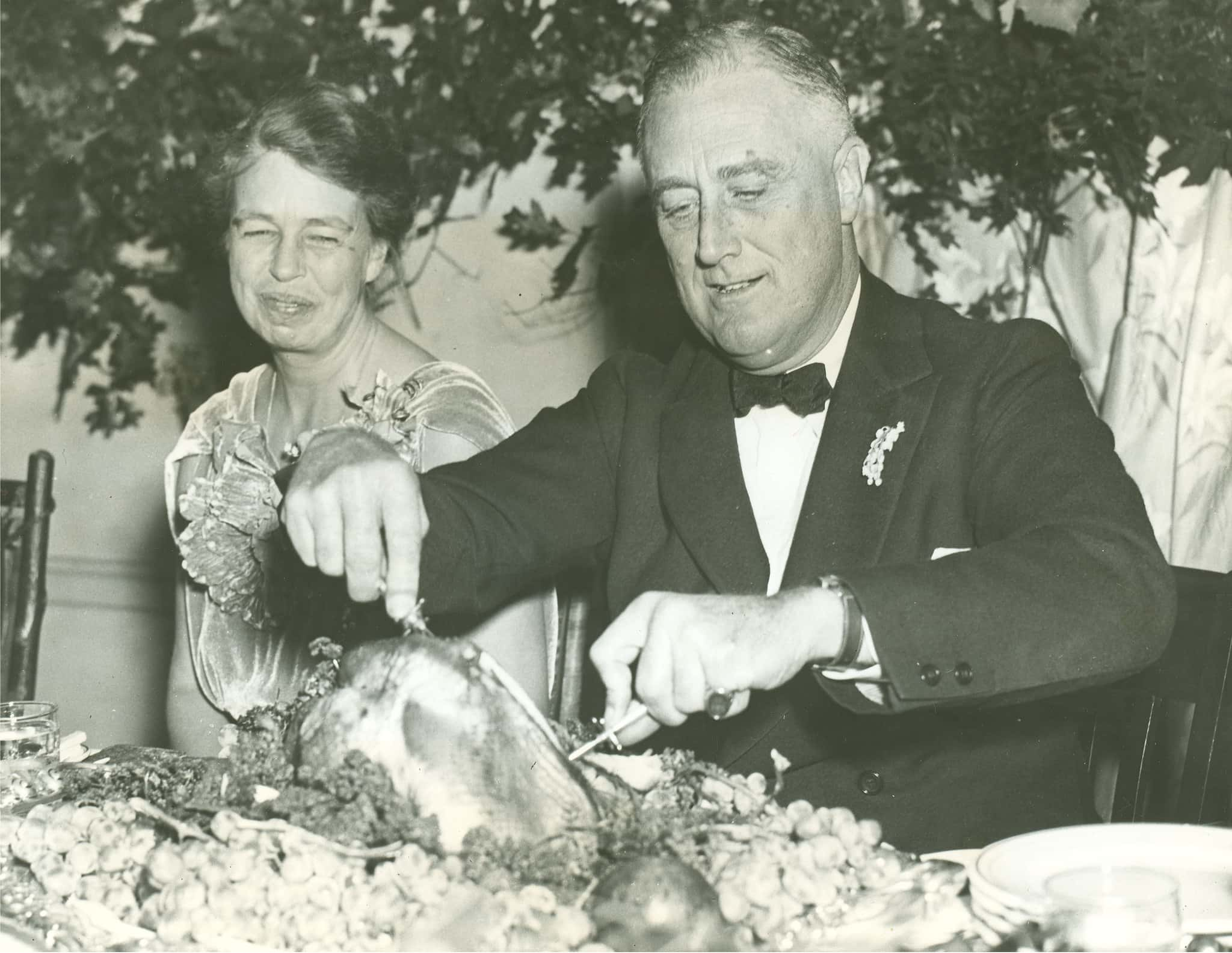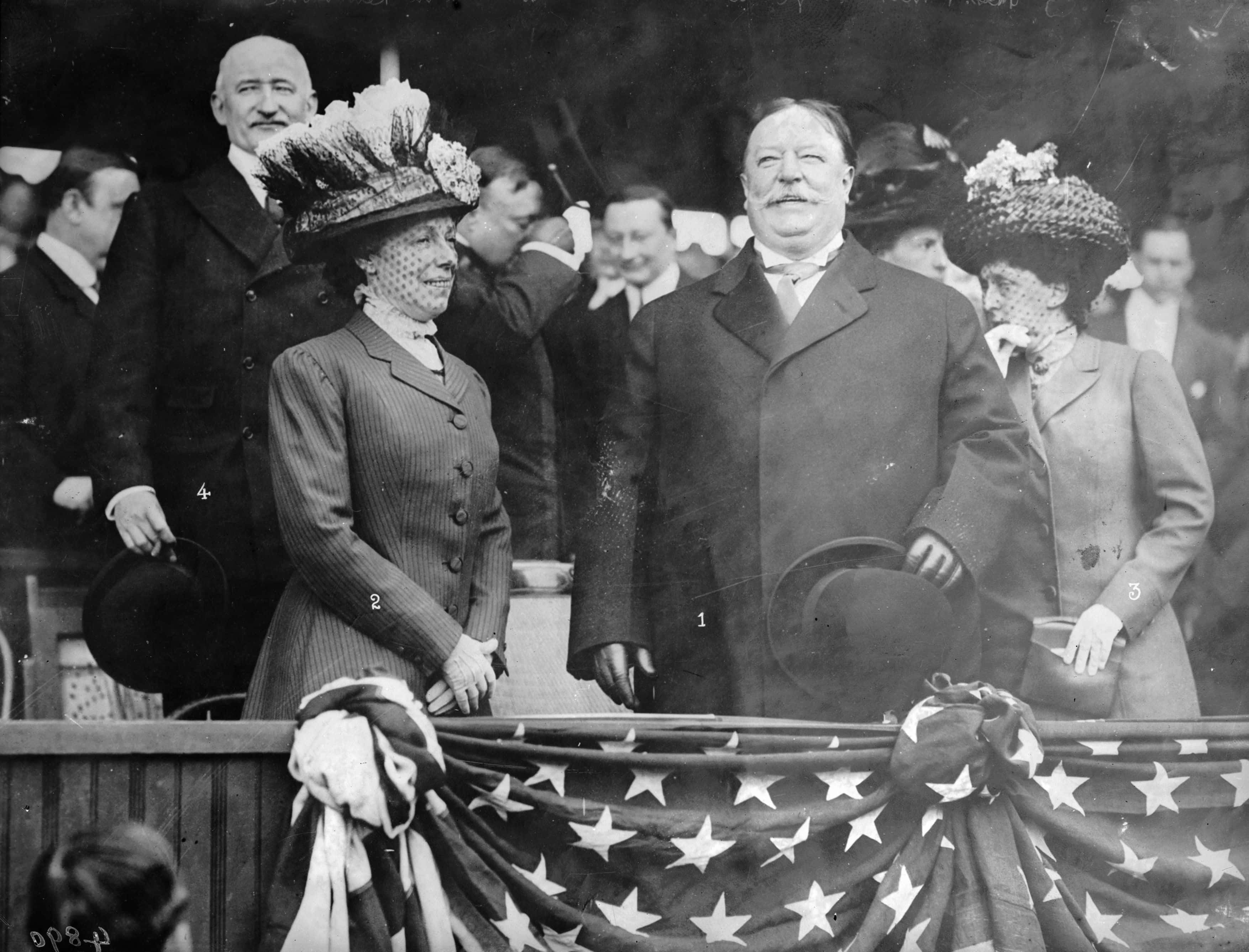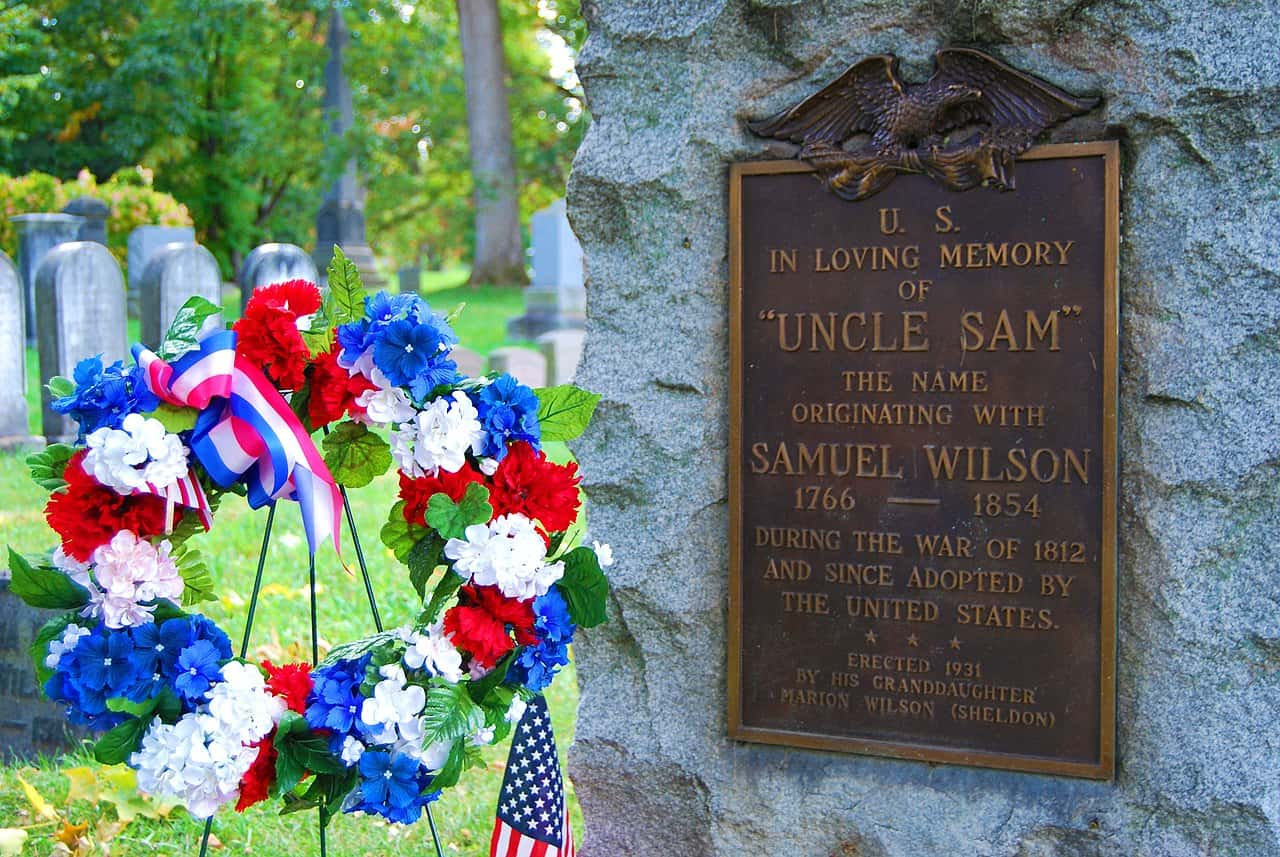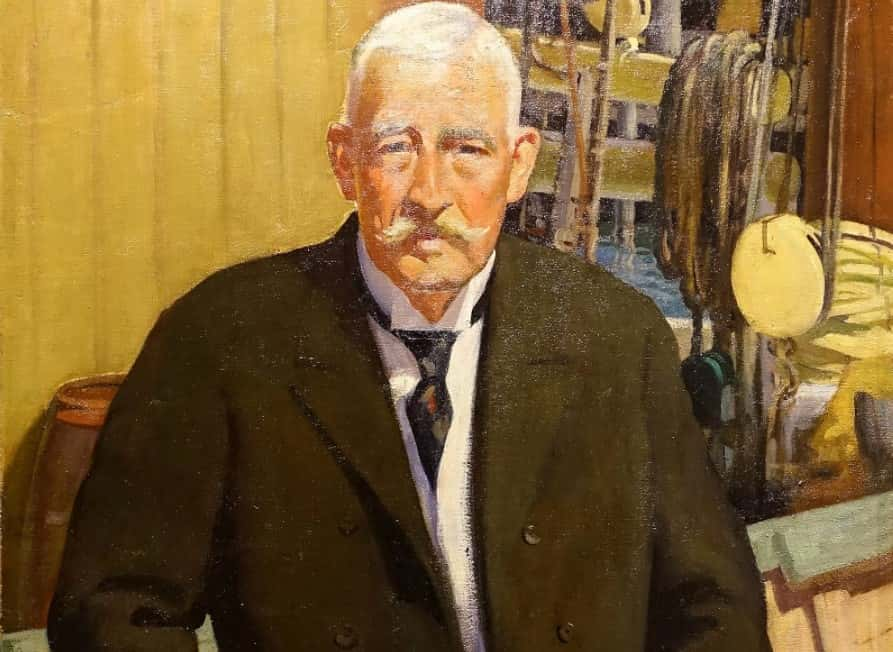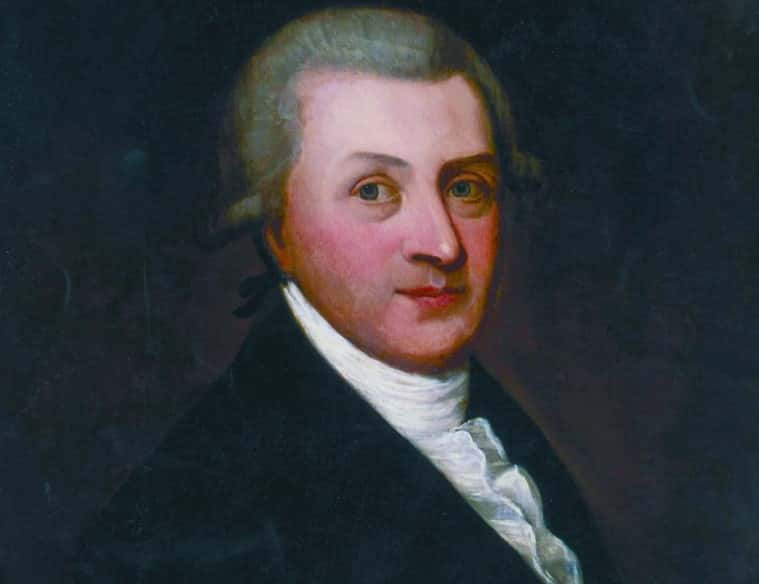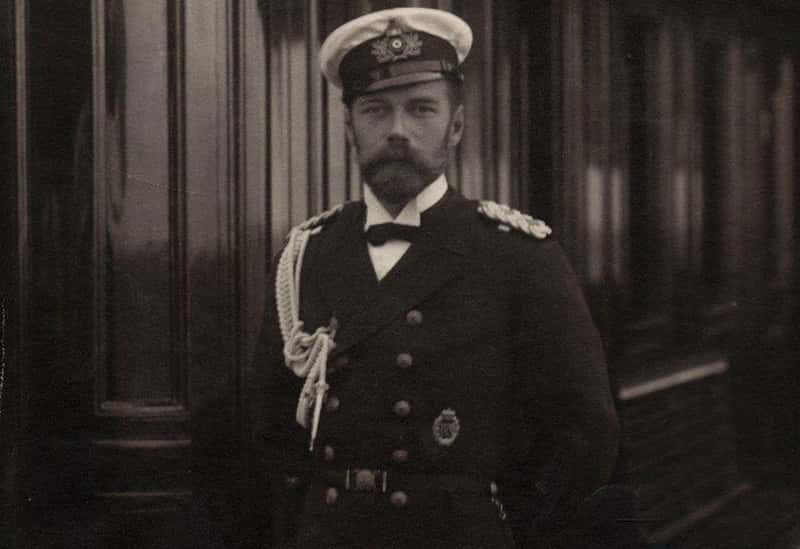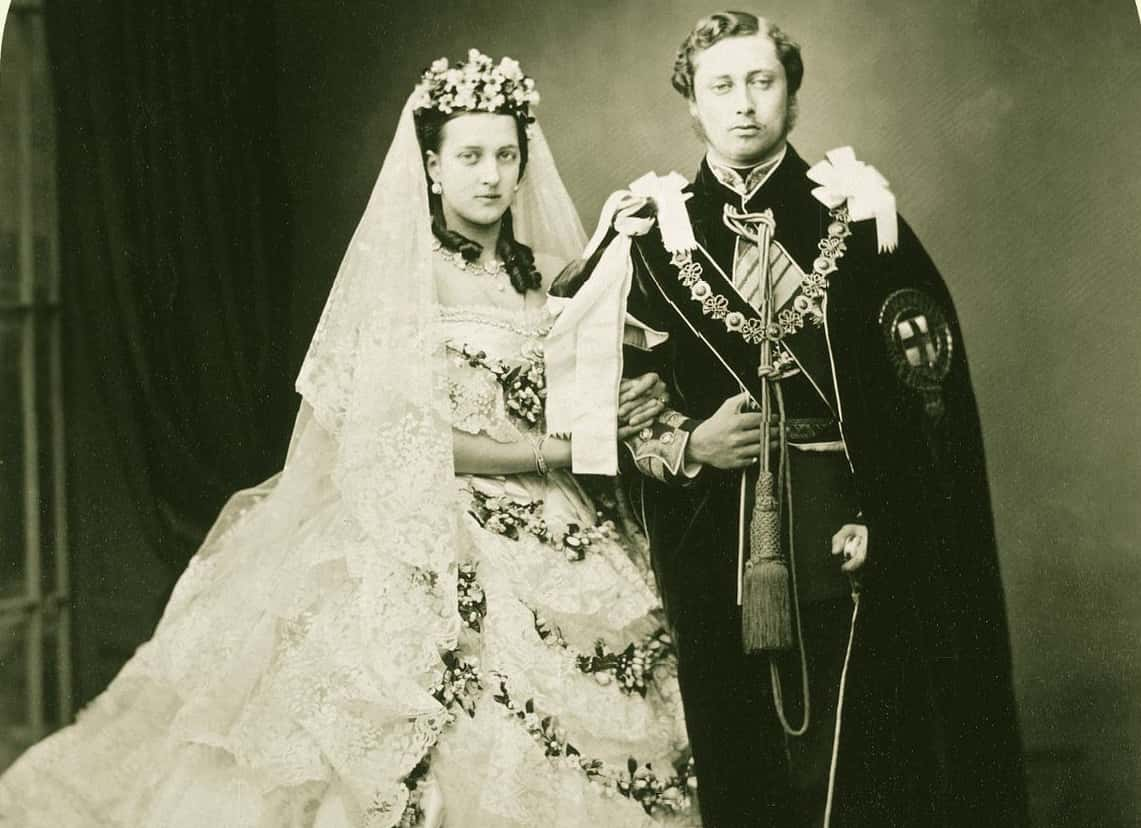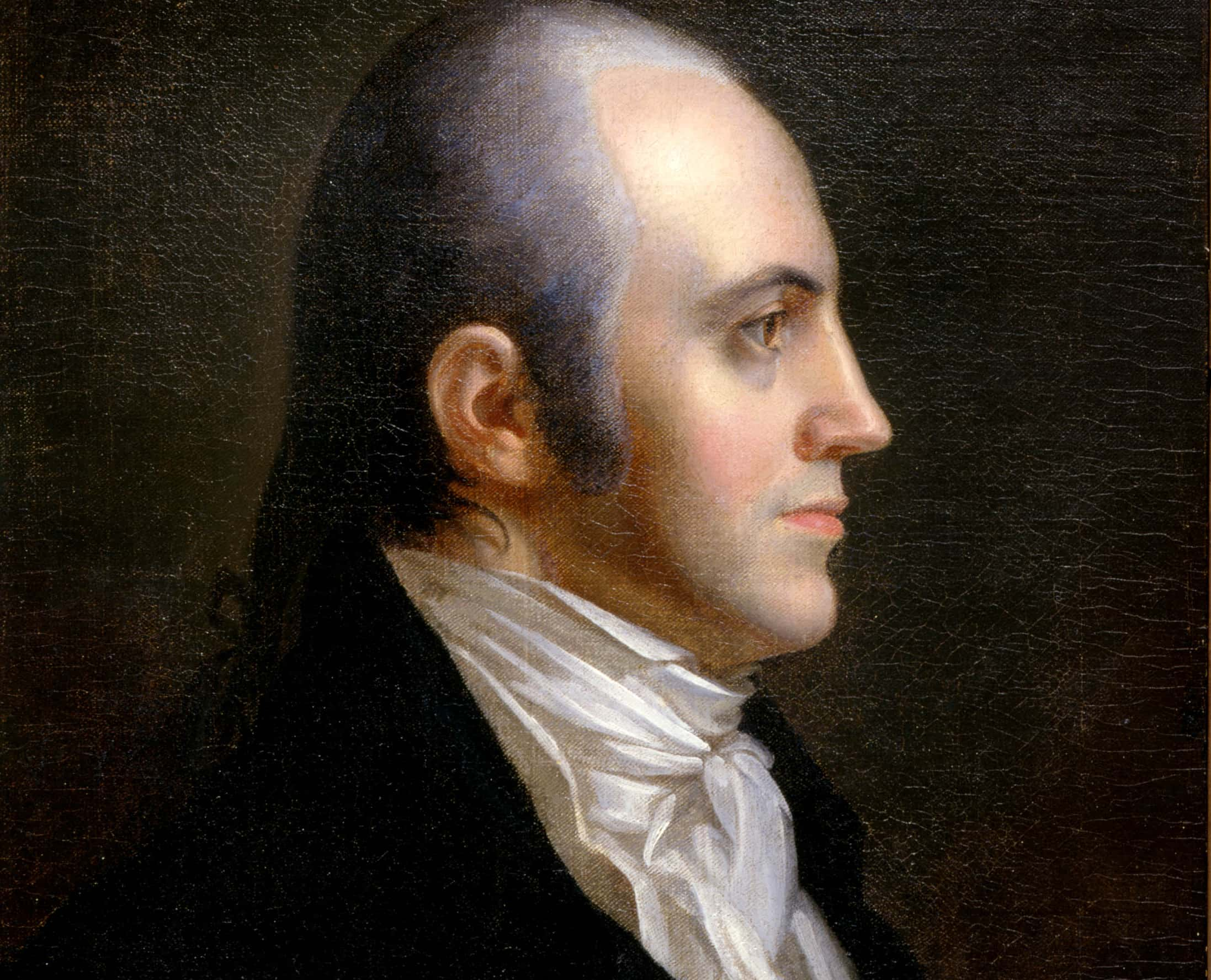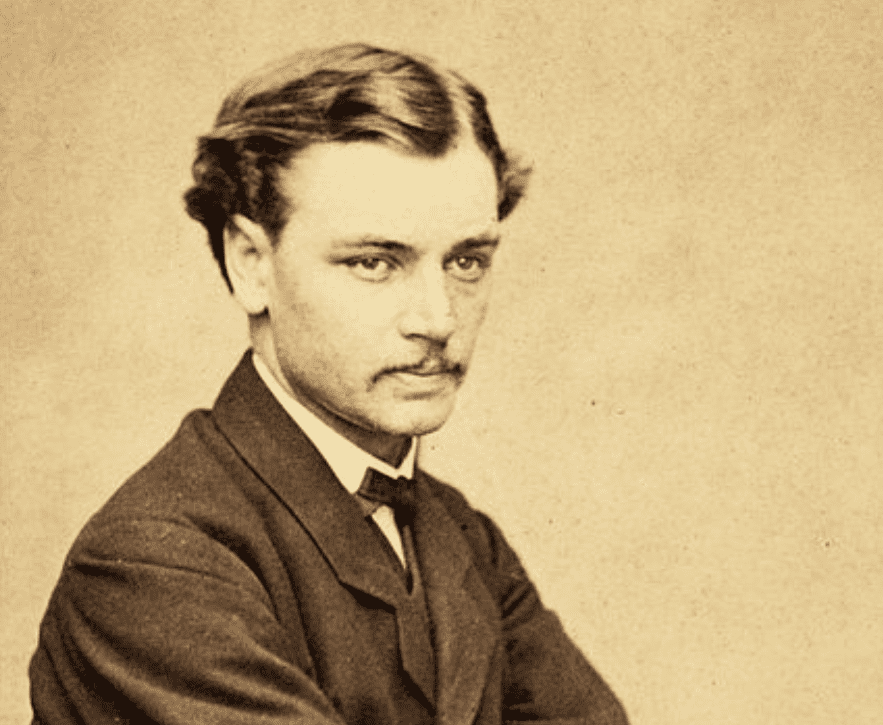From The Depths Of History
“People are trapped in history and history is trapped in them.”—James A. Baldwin
Is history something to laugh at? Without a doubt, the past is filled with tragedy. We can’t blame anyone for getting upset and severe when it comes to certain parts of human history. But beyond the tragedy and injustice, the history of humanity is filled with wild tales about hubris, folly, and fate that won’t bum everyone out. Boredom, anger, and grief do not have to be the dominant emotions around history. Some stuff is so ridiculous but you can't help but laugh! 
42. Gobble Gobble
Why are they called “Turkeys” when these birds aren't actually from the country of Turkey? The answer involves trade gone fowl, er... foul. You see, the Guinea fowl—a bird like the Turkey—had been a popular import from the Ottoman Empire for years, especially for Europeans. The Europeans would often refer to the Eurasian import as a “turkey-cock” or “turkey-hen,” after the country they came from. When Europeans colonized North America, they encountered a very similar form in the North American turkey. Out of pure habit, they called these birds—you guessed it— “turkeys.”
41. A House Divided, A Turkey Carved
Once upon a time, America had two official Thanksgivings in one year. In 1939, it was the President’s annual duty and prerogative to decide what day they would carve the turkey. However, the presidents would always just choose the last Thursday of every November—until Franklin Roosevelt. In 1933, President Roosevelt’s first Thanksgiving in office would have fallen on November 30th—the last day of the month, since that November had five Thursdays. The economy was already in the throes of the Great Depression, and he did not want to leave consumers such little shopping time between Thanksgiving in Christmas. Nevertheless, some states opted to celebrate Thanksgiving on the “normal” date. This incongruity meant utter calamity for calendar makers.
40. Army & Accessibility
Braille was inspired from a system of military communication called “night writing.” A blind Frenchman named Louis Braille invented braille specifically for blind people upon learning about the tangible dots used in 1819 by an army officer for nighttime communications.
39. Pay For Peace
Tickets to the 1969 Woodstock Festival were $6.50 for a one-day pass and $18 for all three days, if you bought them in advanced sale. The infamously commercial 1999 Woodstock charged $150 (plus service fees) for entry. The times they are-a changing.
38. Orange You Glad They Aren’t Purple?
Until the 17th century, purple carrots were the status quo. Only wild carrots were yellow and white. The orange carrot comes from Dutch farmers of the 1600s, who crossbred these white and yellow wild veggies into the au currant orange shade of carrot we know today.
37. Off The Throne
What do Elvis Presley, Catherine the Great, and King George II of England all have in common? Besides being the kings (and queen) or something? They all died on the toilet.
36. Like In Footloose?
In 1947, Japan put a strict ban on dancing after midnight. It was not lifted until 2015.
35. Scrub A Dub Get Me Out
At over 350 pounds, William Taft is certainly one of the heaviest Presidents of the United States. This led to a wide-reported story that the head of state got himself stuck in the bathtub. Unfortunately, this story does not hold water—no contemporary report exists about such a bathroom mishap.

History's most fascinating stories and darkest secrets, delivered to your inbox daily.
34. Bros Will Be Bros
Where did Rome get its name? According to lore, Ancient Rome was inaugurated by two demigod brothers, Romulus and Remus. As siblings are wont to do, the brothers got into a fight over who would rule the city. It ended with Romulus killing Remus and then naming the city after himself, because it’s not called Ancient Reme.
33. Vote Blue
Blue M&Ms were voted into the candy canon in 1995, when the company held an “election” for the people to vote in a new color from the “candidates” of purple, blue, or pink. Blue broke through, displacing tan.
32. Where’s The Beef?
The eponymous “Uncle Sam” of the USA is likely modeled and named after a New York meatpacker named Samuel Wilson. During the war of 1812, Wilson supplied the US army with barrels of beef, so it’s the least they could do.
31. Cabin In The Woods
In the long history of the United States, only seven US presidents have been born in log cabins. In order, they are Andrew Jackson, Zachary Taylor, Millard Fillmore, James Buchanan, Abraham Lincoln, Ulysses S. Grant, and James Garfield. Doesn’t this number seem low?
30. Kings Of Kings
In your typical deck of playing cards, your four kings each have their own inspiration. According to lore, the King of Spades is modeled after Kind David of Israel in the Old Testament. The King of Clubs is Alexander the Great, and the King of Hearts is Charlemagne the Great, King of France and the first Holy Roman Emperor. For the King of Diamonds, Roman Caesar Augustus and Julius Caesar are both given as possible design origins.
29. The Hands Of Fate (And Fortitude)
Losing your mittens is annoying, but when you’re lost at sea in the middle of a winter storm, it can be deadly. This happened to Howard Blackburn in 1883. Knowing that his palms would freeze, the fisherman kept them in a “hooked” position so he could row himself to safety with the literal bare hands. After five days, Blackburn made it to the shores of Newfoundland, but lost all of his fingers. Yet Blackburn lived to sail single-handedly again across the Atlantic Ocean in 1899, this time because he wanted to.
28. The Emperor’s Iron Clothes
King Charles VI of France had his clothes reinforced with iron rods sewn inside of them. He believed the royal person was made of glass, so he refused to let people touch and thought the rods would stop him from shattering into a million royal pieces. His condition is still seen in people today, and it's known as the "glass delusion" psychiatrists.
27. Super Rent Control
Rent in the German village of Fuggerei has not risen since the year 1520. At $1 a year, it’s quite a real estate bargain. The waiting list to move in is four years long, with a very strict code of conduct. For one, you must be at least 60 years old, Catholic, have zero debt, take up a community volunteer job, and abide by a curfew. Is it worth it to be close to history?
26. Try Dulingo
The first known written document of the Finnish language was discovered in a German travel journal from the 1450s. It states, “I want to speak Finnish, but I am not able.” Many can relate.
 Shutterstock
Shutterstock
25. An Origin Story Goes Stale
Croissants, the staple of French bakeries all over the world, originate from Austria, not France.
24. The Real Pratfall
On July 25, 1911, Bobby Leach became only the second person to go down Niagara Falls in a barrel and survive. Fifteen years later, Leach would slip on an orange peel, get injured, catch an infection in his leg, and die.
23. Say What?
James IV of Scotland is mostly remembered for being the first “true” Renaissance Scots kings. Being a Renaissance man, he valued the education of language, and decided to conduct a controversial linguistic experiment with his subjects. In 1493, James sent two newborns and a deaf-mute woman to live in isolation upon the Island of Inchkeith. James wanted to see what language the kids would end up speaking, convinced that those raised without the interference of society would be vested with the “true” language of God. According to the some, the kids learned to be fluent in Hebrew, but the real results of this experiment remain spotty to human ears.
22. Call Me, Baby
Although versions of the baby monitor existed beforehand, it took until 1937 for these friendly infant surveillance devices to be commercially popular. The 1932 kidnapping of the Lindberg baby, understandably, led the Zenith company to put out baby monitors for the safety of every family. And, presumably, for the profits to be had as parents all over the world became a little more obsessed with their children's whereabouts.
21. Man’s Best Friend
A dog from Newfoundland named Gander was posthumously awarded the Dickin Medal in 2000 for his service in World War II. The Dickin Medal is known as the “Victoria Cross for animals.” Gander fought in combat against Japan in three separate occasions. In his last battle, Gander picked up a Japanese hand grenade in his mouth, running away from his comrades, and saving the lives of several Canadian soldiers.
 Flickr
Flickr
20. Brew This Brood
The founder of Guinness beer, Arthur Guinness, had 21 children, but only ten survived childhood.
19. To Catch a Sub
In 1998, a North Korean submarine got tangled in a South Korean fishing net. As the ship was was being towed, it sank. When the vessel was salvaged, nine dead crewmen were inside—five murdered and four committed suicide. Some speculate these doomed voyagers were on a espionage mission.
18. The Crown Parties Down
1689, King Charles XII of Sweden took a vow of sobriety after an ill-fated, drunken summer with his new cousin-in-law that ended in bear death. The 16-year-old king’s summer of fun became known to its victims as the “Gottrop Fury.” Fueled by alcohol and the influence of his new in-law, the teen king threw wild parties that ended with furniture being thrown from the windows and wigs being snatched from noble heads. The death of a bear at one of his parties was what woke Charles up. Save for a few occasions, King Charles never had a drink again for the rest of his life.
17. Chew on This
Chewing gum is at least as old as the Neolithic period. In the Kierikki area of Finland, researchers discovered 6,000-year-old gum made of birch bark tar, complete with human teeth marks. Nowadays, you can hardly find tar flavored gum anywhere.
16. Rock That Body
In 1998, over a dozen bodies were discovered in the basement of Benjamin Franklin’s house. At the time they were buried, Franklin’s best friend William Hewson was living with him. Hewson was an anatomy student, so it’s perfectly… plausible… the founding father was letting his buddy study the bodies. We hope.
15. The Future in Sci-Fi
In 1953, Isaac Asimov published a short story titled “Sally”—a dystopic parable about a world run by autonomous cars, which predicted that the first self-driving car would be released in 2015. Not that far off, Isaac.
14. Rock-a-Bye Swimmer
Coasting on the hot medical fad of “hydrotherapy,” some Victorians owned literal “rocking baths.” These crescent shaped tubs would cradle the user in water, recreating the cleansing feel of ocean waves right in your own bathroom.
13. A Job is a Job
When asked to list his “occupation” for the first ever Russian census in 1897, Tsar Nicholas II wrote “Owner of Russia.” No wonder the people weren't big fans.
12. Don’t Count on Me to Show Up
In 2006 and 2010, a Russian mathematician named Grigori Perelman declined a Fields Medal, a Millennium Prize, and a $1 million reward for his resolution of a famous math proof. According to Perleman, he has no desire for wealth or fame and disagreed with the values of most of the math community. Talk about sticking to your guns!
 Wikimedia Commons
Wikimedia Commons
11. Level Up
The City of Seattle, Washington was built on top of another version of itself. The “Seattle Underground,” was built over in the mid-1800s after a great fire. You can still visit the tunnels today.
10. Not a Weave!
George Washington’s white tresses were his real hair—not a wig, as popularly thought today.
9. A for Adopted (Kinda)
The “Allan” in “Edgar Allan Poe” is a derived from the poet’s foster family. Born Edgar Poe, his birth parents were the actors Elizabeth Arnold Hopkins Poe and David Poe Jr. A year after his birth, Poe’s father abandoned the family and his mother passed away from consumption a year after that. Poe was then raised by an affluent Scottish merchant named John Allan. Although Poe was never formally adopted, Poe was both harshly disciplined and spoiled by his foster father, and would keep his new name into adulthood.
8. Presidential Throwback
When Ronald Reagan first watched Back to the Future, he loved the joke where Doc Brown is shocked that Reagan is president in 1985 (Doc specifically said, ““The actor? Who’s the vice president? Jerry Lewis?”). Regan loved this joke so much, he ordered the theater to rewind the scene, so he could watch it play out again. Not sure how everyone else in the theater appreciated it…
7. A Leg Up on Fashion
In the 1860s, the Prince of Wales’ new bride, Alexandra of Denmark, walked with a limp. As a result, a mode of walking known as the “Alexandra Limp” became all the rage. The look is pretty self-explanatory to pull off—intentionally walk with a limp. Ladies would wear deliberately mismatched shoes, with one higher heel, to simulate the fashionable walk.
6. Choke on Style
It was a fashion statement to die for: in the late 19th century, stiff and starched collars were a popular menswear accessory, but they were so tight that they could cut off a man’s circulation. At least one death is cited from this apparel: in 1888, John Cruetzi allegedly fatally crushed his windpipe after he fell asleep on his sofa in one of these collars. As a result, these fashion statements were named “father killers.”
5. Core Values
President John Quincy Adams approved a plan to send one-hundred men to the Arctic to they could burrow to the center of the Earth and meet the secret civilization of people who (allegedly) lived inside. Did we mention this plan also involved sleighs to be pulled by reindeer? It was proposed by an army officer named John Cleves Symmes Jr., who was convinced the Earth was hollow and wanted to establish trade with the races who inevitably resided inside its core. Quincy approved the plan, but Andrew Jackson assumed office before it took action. Not unreasonably, Jackson vetoed this state-funded journey to the center of the Earth.
 Flickr, Heather Sunderland
Flickr, Heather Sunderland
4. Hamilton 2: I’ll See You in Court!
At the age of 77, Aaron Burr embarked on short marriage to a wealthy widow almost 20 years his junior named Eliza Jumel. When they divorced, Jumel hired Alexander Hamilton Jr. (son of that Alexander Hamilton) as her lawyer. Burr died on the day the divorce was finalized.
3. When Pay It Forward Falls Short
Just months before Abraham Lincoln’s assassination, his son Robert Lincoln had a brush with death himself. Robert almost fell off a train platform, but he was saved at the last minute by good Samaritan named Edwin Booth. Yes, that, Edwin Booth: brother of John Wilkes Booth, who would kill Robert’s father just months later.
2. Could Neither of You Invent “Ciao”?
The first printed use of “Hello” wasn’t until 1827. Thomas Edison generally gets credit for innovating “hello” as a telephone greeting. His rival, Alexander Graham Bell, preferred to use “ahoy,” but Bell clearly lost this battle of welcomes.
1. You Have the Right to Remain Lifeless
In 897 AD, the Catholic Church put Pope Formosus on trial for perjury and ascending to the papacy by illegal methods. As if that’s not scandalous enough—Pope Formosus was already dead at the time. The Church exhumed Formisus’s body, dressed him in papal gear, propped his corpse on a throne and appointed a deacon to answer on his behalf. He was found guilty, reburied, dug up once again, and then thrown into the Tiber River. His papacy was also declared null and void, as if another indignity matters at this stage.
Sources: 1, 2, 3, 4, 5, 6, 7, 8, 9, 10, 11, 12, 13, 14, 15, 16, 17, 18, 19, 20, 21, 22, 23, 24, 25, 26, 27, 28, 29, 30, 31, 32, 33, 34, 35, 36, 37, 38



